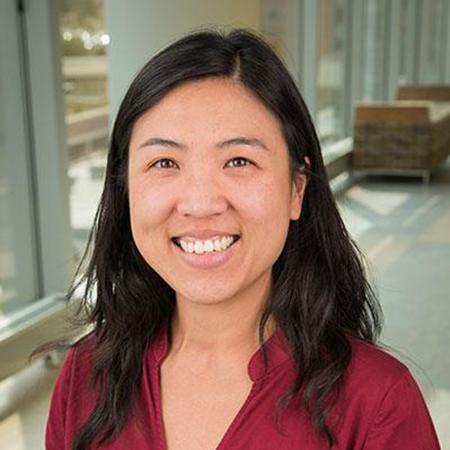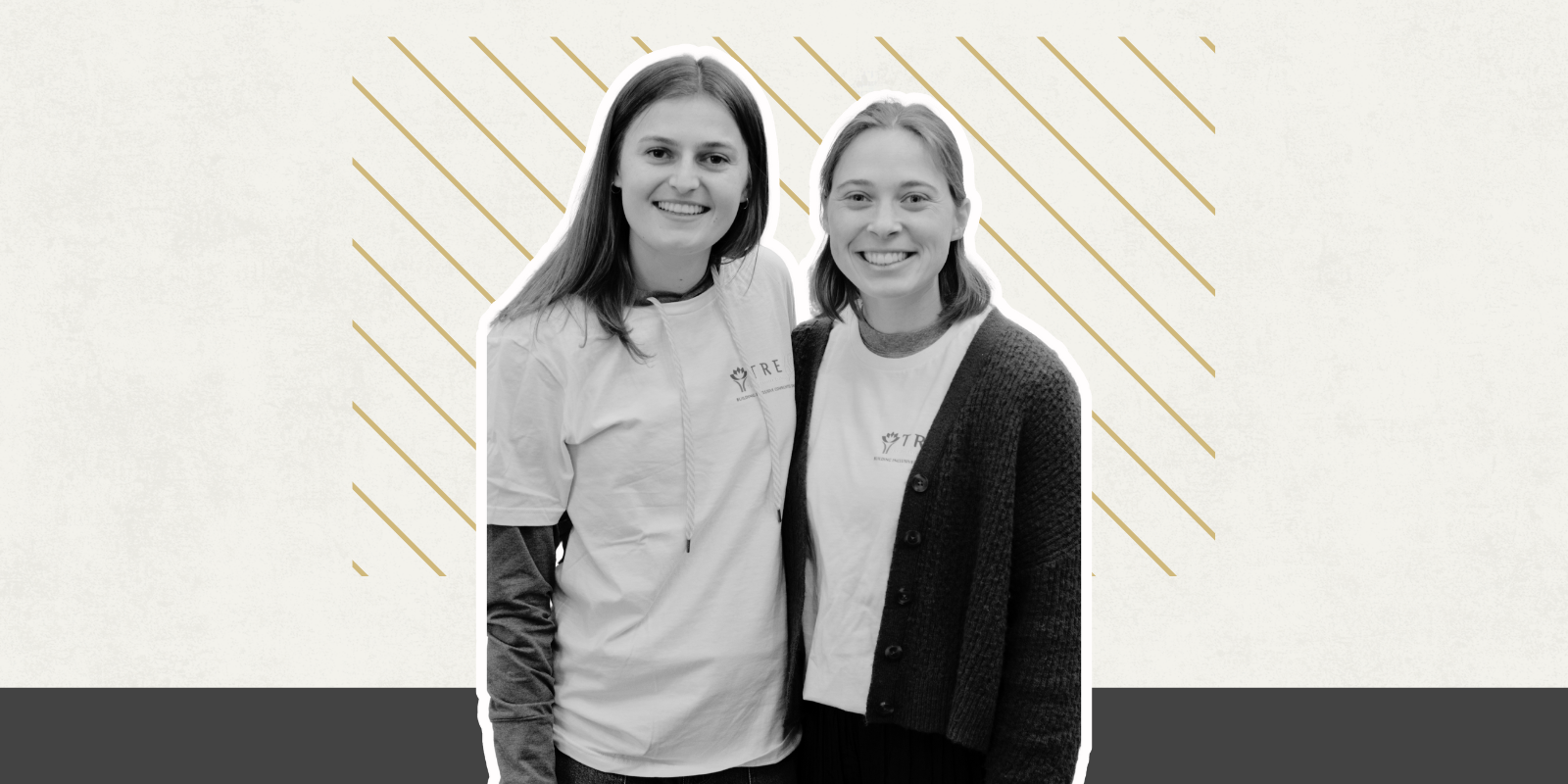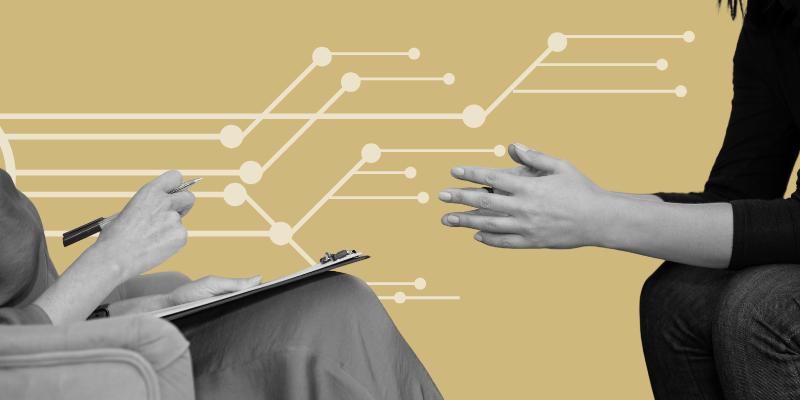What is your biggest recommendation for staying healthy, mentally and physically, as you get older?
We have begun to put a big emphasis on being socially connected. We're starting to better understand the downsides of loneliness and psychosocial isolation among older adults, which can have adverse health effects. It has been connected to high blood pressure, obesity, heart disease, anxiety, and depression, as well as cognitive impairment.
For individuals who are worried about developing dementia, there is a growing body of literature about the importance of remaining socially connected specifically to help reduce the risk of dementia.
Does staying socially connected have any physical benefits?
Being connected with others can involve activities that people enjoy doing together, and often that will overlap with being physically active. We see physical exercise benefits as people engage in an activity like a group-based exercise program, which also helps with social isolation.
Do you have any advice for people who are looking to get more socially connected?
We like to explore what feels natural, to start with someone's individual resources and build on those and explore their readiness to take the next step. We stay up on community-based resources, so if someone says, “I don't know where to start,” we can brainstorm with them on community-based exercise programs or think about programs through public entities like the library system, which has tailored programs that support content and community of interest to older adults.
Did the COVID-19 pandemic exacerbate issues around isolation and loneliness for older adults?
Absolutely. One of the benefits, though, was that many older adults were able to cross the so-called “digital divide,” where they perhaps didn’t have as much ability to use a virtual platform but were supported to learn how to use it. And now they can experience some of their engagement virtually, which can include exercise classes that are freely available online, support groups, and interest-based content.
Many older adults are now more connected to family than they were before, because they set a routine like a weekly Zoom call, and they’ve kept that going.
What do you recommend for older adults in terms of physical activity?
Our first recommendation is that any activity is better than no activity. We also encourage people to pursue harder activities, like resistance-based activity or weight training, with appropriate guidance. There’s a thought that older adults can't lift heavy weights, but that is underestimating the capacity of older adults.
All of us, as we age, if we do resistance-based training, lifting heavier weights to the point of fatigue, can experience more benefits than a typical exercise routine. We're finding that it results in improvements in balance and endurance and may reduce the risk of falls and the need to use a cane or a walker.
Is there a connection between physical activity and mental health?
Certainly. That's why we encourage people to do physical activity on a routine basis. It helps with symptoms of anxiety, depression, and fatigue, and it also helps to improve sleep quality.
What do you recommend when it comes to mental health and keeping your mind sharp?
We emphasize activities that are more active, rather than passive. We encourage people to learn a new skill, such as learning to play an instrument or singing in a choir where you're learning new music. We want them to prioritize playing games with others, which is more active than watching TV or reading books. Those may have intellectual content, but as people experience early cognitive impairment, it's harder to remain motivated to do those types of passive activities.
How important is diet? Maybe someone’s spouse has died, and they are now just cooking for one.
The enjoyment of meals and making them part of your routine is important. For many older adults, maybe they've already made 50,000 meals in their life, and they're tired of meals. Medically, it becomes a big challenge. If we start seeing weight loss, it can often be related to someone getting out of the habit of having regular meals and sufficient food. That becomes a real problem. There are some great community-based programs that can help support that.
Dementia is a big concern for many older adults. What do you want people to know about it?
We want individuals to know about the risk factors for dementia, which include high blood pressure and diabetes, as well as things like poor sleep, tobacco or alcohol use, social isolation and depression, and even hearing loss.
We want people to know that if they are having memory or thinking changes, they should bring it up with their doctor so that they can have a good evaluation of whether they are at risk for dementia or showing early signs of cognitive impairment. There are new medications that people with early cognitive impairment may want to consider.
- For more tips on staying mentally sharp, Lum recommends AARP’s Six Pillars of Brain Health.
- Older adults at risk for social isolation may be interested in the CU Anschutz Medical Campus’ COAST-IT (Connecting Older Adults to Students) program, which pairs students from the CU Anschutz School of Medicine, Skaggs School of Pharmacy, College of Nursing, and School of Dental Medicine with older adults to have weekly to bi-monthly social phone calls with each other to build a connection of mentorship.
|





